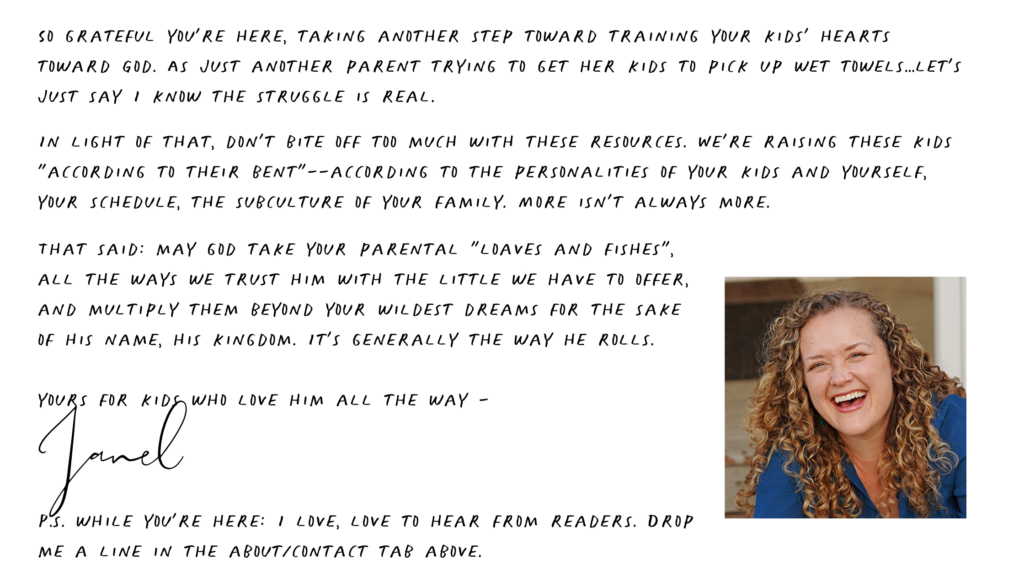Permanent Markers: Discernment
Reading Time: 3 minutes

“How Can I Know What God Wants Me to Do?” Poster
Print this poster here.
Helping Kids Discern Manipulation: A Few Thoughts
Switching gears to a darker side of this topic: Part of teaching discernment is helping kids see things are not always as they seem. It’s hard to do this without throwing shade on their relationships! But whether it’s a wheedling fiend, a narcissistic relative, a potential abuser, or a bully at school, there are occasions when we’ll want to protect them without casting the entire relationship (and its positive aspects) into suspicion.
One of the easiest ways to do this is by asking questions designed to help kids think wisely, rather than us creating our own labels.
Kids can know manipulation is trying to control someone in a way that is sneaky or unfair. UrbanDictionary.com just says it’s making people do what you want. As in, not asking them.
Manipulation is a mindgame. Keep in mind that, in cases of kids responding to manipulative adults, they’re still in a figurative chess game with a mind much more developed than theirs.
Many manipulators wouldn’t dream they’re manipulative. They might be downright charming, and they won’t usually admit even to an adult that they’re manipulating.
Let kids know you’re proud and thankful for the ways they’re brave and strong, that you’re praying for them (pray together when you talk about this!), and that they can tell you anything without you being mad at them. You could be working against a serious shame factor, so go the distance to create a safe environment where kids feel safe, and they remember you’re trustworthy.
I Spy Manipulation
In the midst of this, grow in your awareness of your own manipulative tendencies. They can be subtle: “Does this dress make me look fat?” Or not: “If you want to put our family first, you’ll make sure you’re at church.”
Unfortunately, churches, too are becoming notorious for their abilities to manipulate and pressure people into desired behavior and the appearance of morality, rather than giving people tools to change from the heart-level outward if they desire.
If our kids can learn to spot manipulation, they’re set up for a lifetime of freedom and authentic nurture.
If You’re Manipulative and You Know It, Clap Your Hands! (Clap, clap!)
Kids, too, can be guilty of outright manipulation. Part of teaching discernment is teaching them to discern the depths and machinations of their own hearts: “The heart is deceitful above all things and beyond cure. Who can understand it?” (Jeremiah 17:9).
Consider modeling and holding your kids to standards like these—because they, too, can be prone to manipulate:
-
Ask kindly for what they hope for without demanding it. Be willing to accept the other person’s “no” without punishing or resenting them.
-
Give without strings attached.
-
Refrain from fishing for compliments.
-
Appreciate that God made people different, in his image—not your child’s. So we can celebrate those differences, without trying to make everyone like us.
-
Have reasonable, spoken, and mutually-agreed on expectations.
-
Accept disappointment, or receive a “no” without a meltdown.
-
When they’re wrong, admit it humbly.
-
Stick to their guns when they believe something is right—while still remaining teachable and humble.
-
Refrain from over-apologizing to shield themselves from disapproval.
-
Forego sarcasm as a way to criticize someone.
-
Examine their motivations, and not always believe the best about themselves.
-
Though directness varies widely by culture, speak honestly about what you want and think. Don’t cower because you’re afraid what others will think of you. Possess reserved, respectful confidence.


